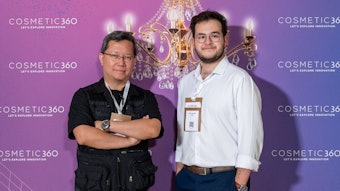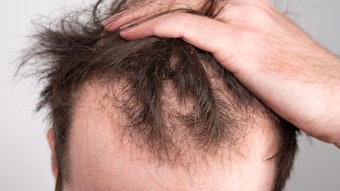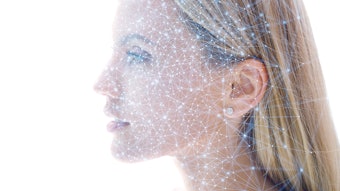
A recent study published in The Journal of Biological and Medical Rhythm Research describes work by Korean scientists to develop a model to estimate the circadian time of individuals.
According to the authors, circadian misalignment affects human pathophysiology and behavior. They therefore sought to detect the circadian time of individuals.
To do so, the expression patterns of 10 circadian genes from hair follicle cells were assessed. These were collected from 18 healthy subjects at specified points in time over the course of two days. Calculations uncovered six genes to be the best predictive models.
Based on these results and machine learning, an endogenous Clock Estimation Model (eCEM) was devised and validated. The resulting time-stamping estimates were accurate within ~3 hr.
The model also revealed that single time point sampling from hair follicles sufficiently estimated an individual's circadian time. One might envision such assessments could lead to ultra-personalized care.
See related: Personalized Cosmetics, Has the Time Come?










